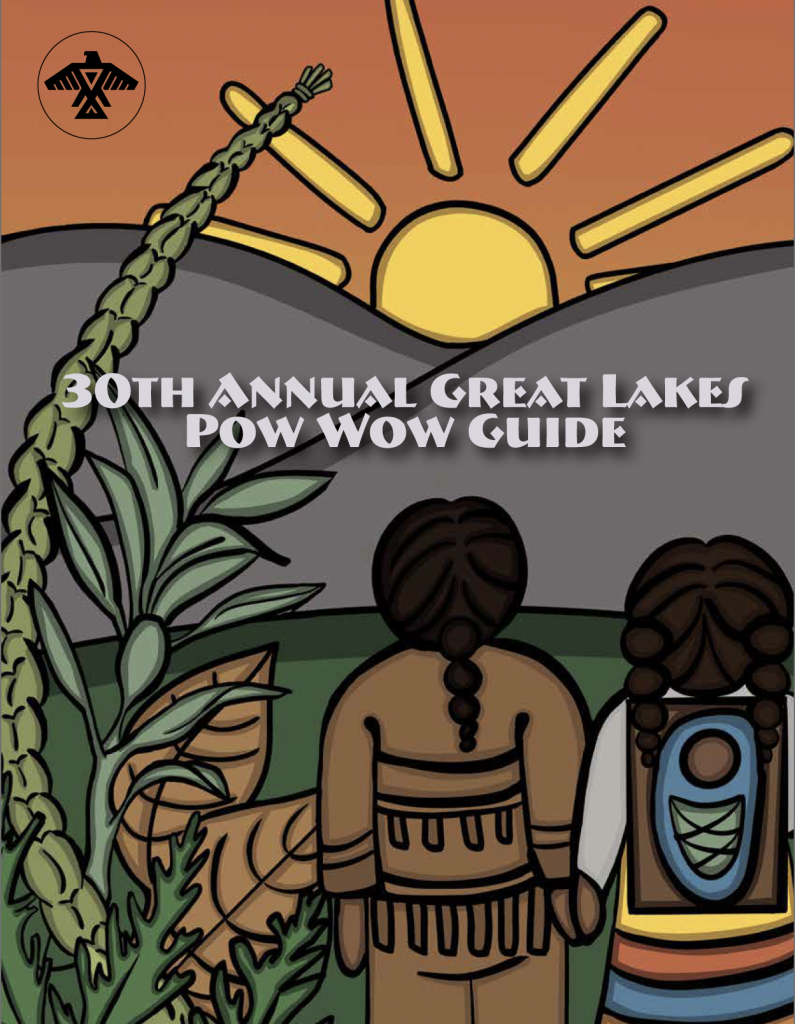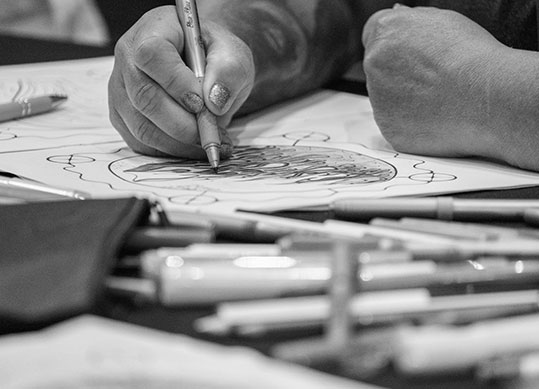
Resources and Learning
This page contains a variety of resources for all ages and learning levels. It is important for all occupants
of this land, especially non-Indigenous counterparts, to commit to learning about the true history and legacies of the Indian Residential School system.
An important act of Truth and Reconciliation is investing in Indigenous-owned business or enterprise. There are
many stores and businesses across Anishinabek Nation territory to consider when purchasing resources and learning
material.
Check out our Education Resources to see the many resources that can be ordered right through the Anishinabek
Nation!
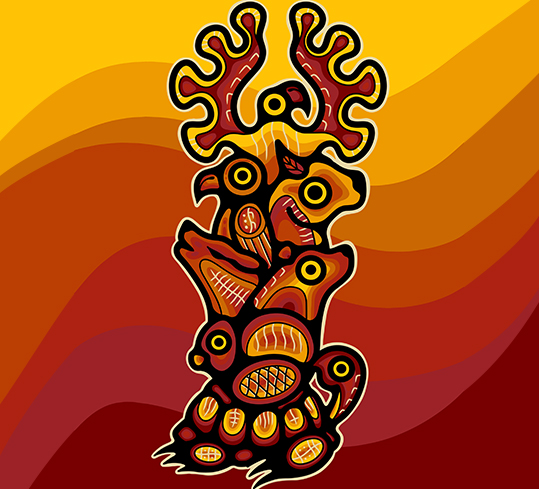
Truth and Reconciliation
The Truth and Reconciliation Commission (TRC) issued its Final Report in 2015. The report investigated the impact that the Indian Residential School system had on Indigenous people in Canada. The report identified the shortcomings,inherent paternalism, and colonial tendencies that were ingrained in the philosophy and administration of these schools. The TRC report developed 94 Calls to Action aimed towards reconciliation.
There are several themes throughout the Calls to Action. Among the main points are the Implementation of the United Nations Declaration of the Rights of Indigenous People (UNDRIP); the full Implementation of Jordan’s Principle; adequate program funding as compared to the rest of Canada; developing a true Nation-to-Nation relationship; church apologies; identification of missing Children; education; and, commemoration.
Our Story & History
There were at least five federally-run Indian Residential Schools, dozens of Indian Day Schools, and several Industrial Schools over the past two centuries throughout Anishinabek Nation territory. Thousands of Anishinaabeg children were forced into these federally-mandated schools. Despite their best efforts to assimilate us, we are still here. We know who we are and where we come from. We are holding onto our Anishinaabemowin and traditional languages and passing them along to our children.
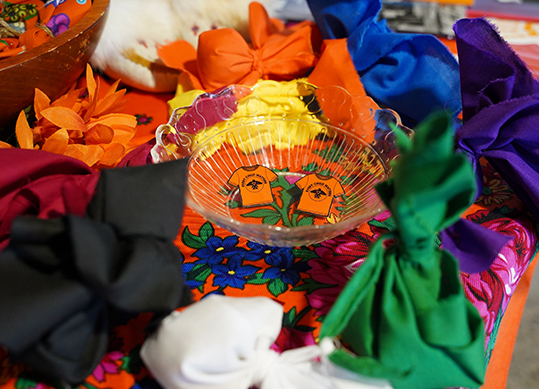
Health Resources
The information in this section will provide information on the impacts of the Indian Residential School system to the survivors, their families and First Nation communities. It is adapted from the booklet “The Soul Wounds of the Anishinabek People: The Psychological and Intergenerational Impacts of the Indian Residential School System” by Dr.Brenda Restoule. C. Psych.
The legacy of the Indian Residential School System continues to be affecting the survivors, their children, grandchildren and communities they live in. These experiences can be found for individuals, families and communities in the mental, emotional, physical, social, economical and spiritual parts of their lives. Understanding the soul wounds or impacts this has had across the generations can assist in creating healing and wellness for Anishinabek people.
Trauma
How does trauma happen?
- A single, one-time event (i.e., car accident, unexpected loss, assault)
- A prolonged or repeat experience (i.e., apprehension, abuse)
- A cumulative effect (i.e., violence + abuse +racism/discrimination)
- A historical event with prolonged impact (i.e., relocation)
Does trauma happen immediately?
It has the potential to have immediate effects but for some it can take weeks, months or years before the impacts of trauma are noticeable.
Are there long-term impacts to trauma?
Yes, there can be emotional, physical, mental, social, behaviourial and spiritual impacts.
What are the spiritual affects to trauma?
Persons may describe a lack of belief or faith in others, including a higher power.
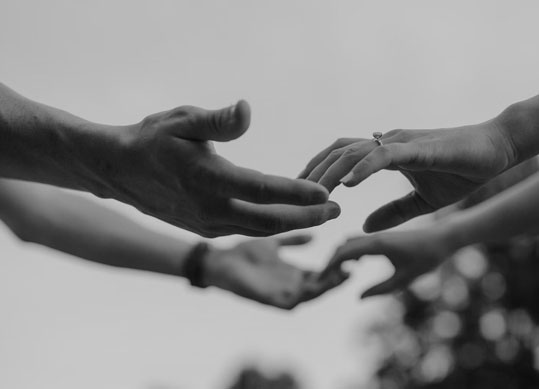
Healing
Healing can occur at an individual level and requires the survivor to learn strategies to cope with the anxiety and negative emotions or behavioural reactions to the trauma. Seeking counselling from a counsellor trained in trauma therapy or a cultural support person/elder is often recommended.
Some helpful coping skills to learn to cope with trauma and intergenerational trauma are:
* Muscle relaxation and deep breathing
* Thought stopping
* Pleasant imagery
* Positive self-talk
* Recognizing triggers and reminders
* Family and social support
* Creating a story that empowers one to survive and see strengths


